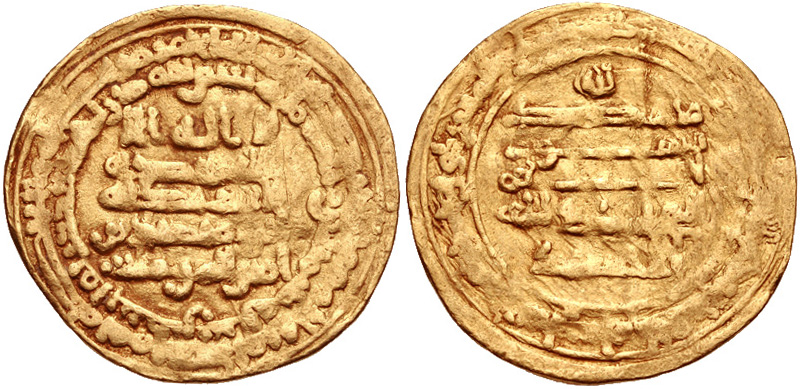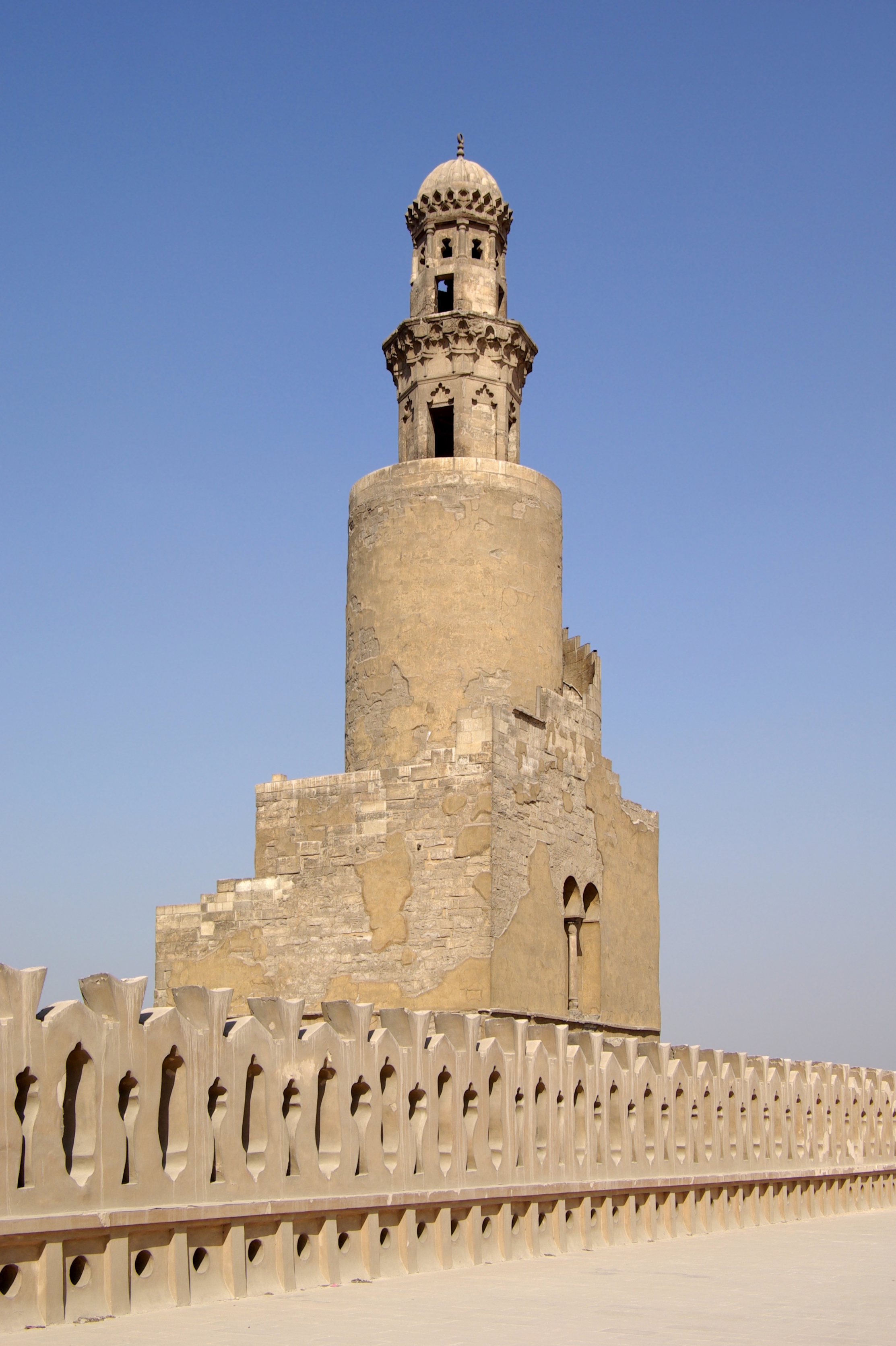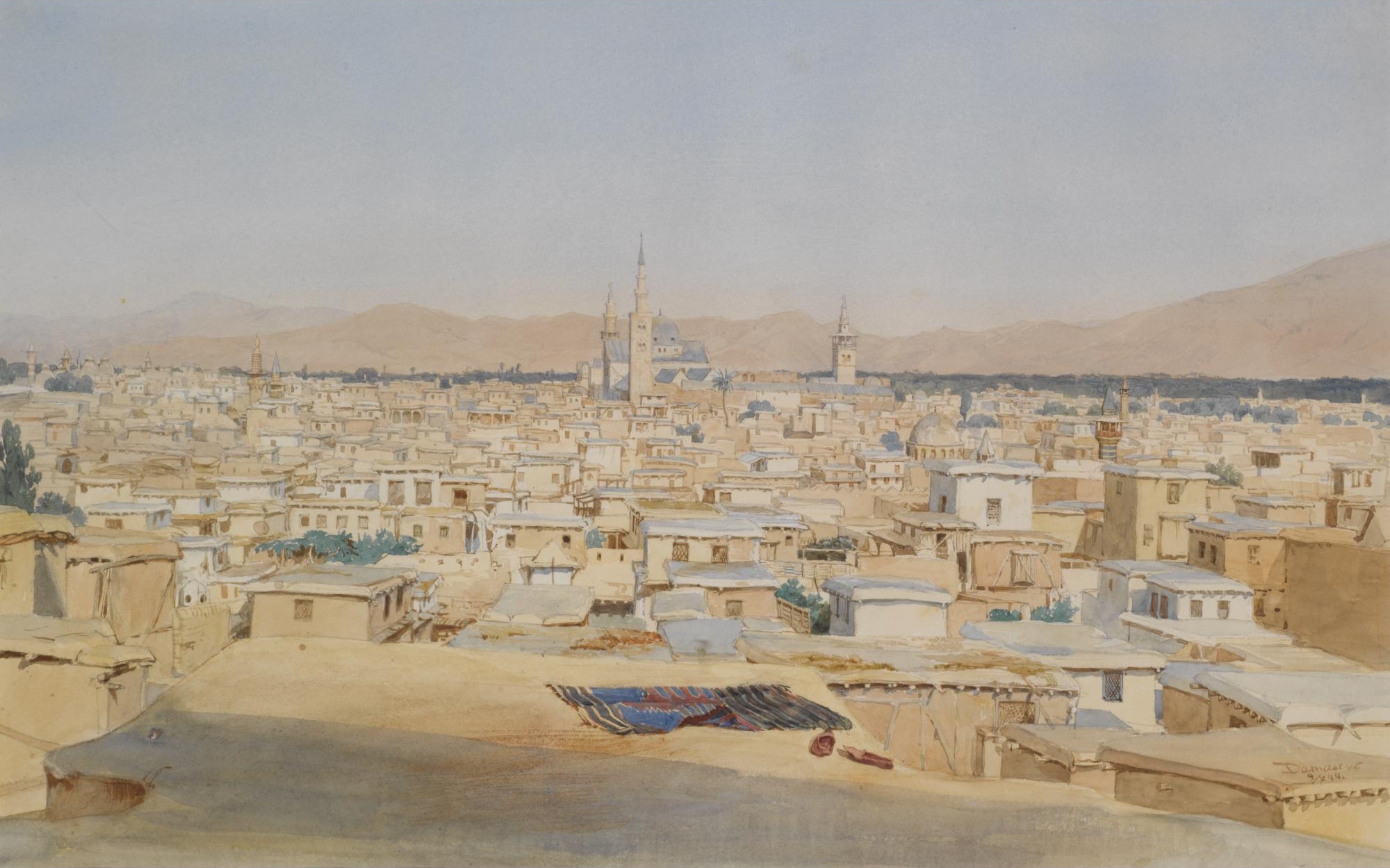|
List Of Rulers Of Islamic Egypt
Governors of Egypt in the Middle Ages, Arab Egypt (640–1250) and Mamluk Egypt (1250–1517). For other periods, see the Lists of rulers of Egypt, list of rulers of Egypt. Rashidun Caliphate (640–661) Umayyad Caliphate (661–750) Dates taken from John Stewart's ''African States and Rulers'' (2005). Abbasid Caliphate (750–969) Governors during the first Abbasid period (750–868) Dates taken from John Stewart's ''African States and Rulers'' (2005). Autonomous emirs of the Tulunid dynasty (868–905) Dates taken from John Stewart's ''African States and Rulers'' (2005). Governors during the second Abbasid period (905–935) Dates taken from John Stewart's ''African States and Rulers'' (2005). Autonomous emirs of the Ikhshidid dynasty (935–969) Dates taken from John Stewart's ''African States and Rulers'' (2005). Fatimid Dynasty (969–1171) Dates for Caliphs taken from John Stewart's ''African States and Rulers'' (2005). Ayyubid Sultanate (1171–1252) ... [...More Info...] [...Related Items...] OR: [Wikipedia] [Google] [Baidu] |
Egypt In The Middle Ages
Following the Muslim conquest of Egypt, Islamic conquest in 641-642, Lower Egypt was ruled at first by governors acting in the name of the Rashidun Caliphs and then the Umayyad Caliphs in Damascus, but in 750 the Umayyads Abbasid Revolution, were overthrown. Throughout Islamic rule, Al-Askar, Askar was named the capital and housed the ruling administration. The conquest led to two separate provinces all under one ruler: Upper Egypt, Upper and Lower Egypt. These two very distinct regions were governed by the military and followed the demands handed down by the governor of Egypt and imposed by the heads of their communities. Egypt was ruled by many dynasties from the start of Islamic control in 639 until the early 16th century. The Umayyad period lasted from 658 to 750. The Abbasid period which came after was much more focused on taxes and centralizing power. In 868, the Tulunids, ruled by Ahmad ibn Tulun, expanded Egypt's territory into the Levant. He would rule until his death in ... [...More Info...] [...Related Items...] OR: [Wikipedia] [Google] [Baidu] |
Hasan Ibn Ali
Hasan ibn Ali (; 2 April 670) was an Alids, Alid political and religious leader. The eldest son of Ali and Fatima and a grandson of the Islamic prophet Muhammad, Hasan briefly ruled as Rashidun caliphate, Rashidun caliph from January 661 until August 661. He is considered as the second Imamate in Shia doctrine, Imam in Shia Islam, succeeding Ali and preceding his brother Husayn ibn Ali, Husayn. As a grandson of the prophet, he is part of the and the , and also participated in the event of the mubahala. During the Ali as Caliph, caliphate of Ali (), Hasan accompanied him in the military campaigns of the First Fitna. Following Assassination of Ali, Ali's assassination in January 661, Hasan was acknowledged caliph in Kufa. His sovereignty was not recognized by Mu'awiya I, Mu'awiya ibn Abi Sufyan (), the governor of Syria, who led an army into Kufa while pressing Hasan for abdication in letters. In response, Hasan sent a vanguard under Ubayd Allah ibn al-Abbas to block Mu'awiya' ... [...More Info...] [...Related Items...] OR: [Wikipedia] [Google] [Baidu] |
Abdallah Ibn Abd Al-Malik
ʿAbdallāh ibn ʿAbd al-Malik ibn Marwān (; in Greek sources , ''Abdelas'') was an Umayyad prince, the son of Caliph Abd al-Malik ibn Marwan (), a general and the governor of Egypt in 705–709. Life Abdallah was born or and grew up in the Caliphate's capital, Damascus. He was a son of Caliph Abd al-Malik and one of the Caliph's (concubines). During his youth he accompanied his father on several campaigns. He is first mentioned in the sources as leading his own campaign in 700/1, as a retaliation for the attacks of the Byzantine general Heraclius. During this expedition he captured the border fortress of Theodosiopolis and raided into Armenia Minor. In 701 he was sent, along with his uncle, Muhammad ibn Marwan, to Iraq, to aid al-Hajjaj ibn Yusuf in subduing the rebellion of Abd al-Rahman ibn Muhammad ibn al-Ash'ath. In the next year, the Byzantine Armenian provinces east of the Euphrates, recently conquered by Muhammad ibn Marwan, rose in a revolt that spread out over m ... [...More Info...] [...Related Items...] OR: [Wikipedia] [Google] [Baidu] |
Abd Al-Aziz Ibn Marwan Ibn Al-Hakam
Abd al-Aziz ibn Marwan ibn al-Hakam (; died 12 May 705) was the Umayyad Caliphate, Umayyad governor and ''de facto'' viceroy of Egypt in the Middle Ages, Egypt between 685 and his death. He was appointed by his father, Caliph Marwan I (). Abd al-Aziz's reign was marked by stability and prosperity, partly due to his close relations and reliance on the Arab military settlers of Fustat. Under his direction and supervision, an army led by Musa ibn Nusayr completed the Muslim conquest of the Maghreb, Muslim conquest of North Africa. He was removed from the line of succession to the caliphal throne and, in any case, died before his brother, Caliph Abd al-Malik ibn Marwan, Abd al-Malik (). However, one of Abd al-Aziz's sons, Umar ibn Abd al-Aziz, Umar, would become caliph in 717. Early life and career Abd al-Aziz was the son of a prominent Umayyad dynasty, Umayyad statesman, Marwan I, Marwan ibn al-Hakam, and one of his wives, Layla bint Zabban ibn al-Asbagh of the Banu Kalb tribe. Abd al ... [...More Info...] [...Related Items...] OR: [Wikipedia] [Google] [Baidu] |
Ibn Al-Zubayr
Abd Allah ibn al-Zubayr ibn al-Awwam (; May 624October/November 692) was the leader of a caliphate based in Mecca that rivaled the Umayyads from 683 until his death. The son of al-Zubayr ibn al-Awwam and Asma bint Abi Bakr, and grandson of the first caliph Abu Bakr, Ibn al-Zubayr belonged to the Quraysh, the leading tribe of the nascent Muslim community, and was the first child born to the Muhajirun, Islam's earliest converts. As a youth, he participated in the early Muslim conquests alongside his father in Syria and Egypt, and later played a role in the Muslim conquests of North Africa and northern Iran in 647 and 650, respectively. During the First Fitna, he fought on the side of his aunt A'isha against Caliph Ali (). Though little is heard of Ibn al-Zubayr during the subsequent reign of the first Umayyad caliph Mu'awiya I (), it was known that he opposed the latter's designation of his son, Yazid I, as his successor. Ibn al-Zubayr, along with many of the Quraysh and the ... [...More Info...] [...Related Items...] OR: [Wikipedia] [Google] [Baidu] |
Abd Al-Malik Ibn Marwan
Abd al-Malik ibn Marwan ibn al-Hakam (; July/August 644 or June/July 647 – 9 October 705) was the fifth Umayyad caliph, ruling from April 685 until his death in October 705. A member of the first generation of born Muslims, his early life in Medina was occupied with pious pursuits. He held administrative and military posts under Caliph Mu'awiya I (), founder of the Umayyad Caliphate, and his own father, Caliph Marwan I (). By the time of Abd al-Malik's accession, Umayyad authority had collapsed across the Caliphate as a result of the Second Fitna and had been reconstituted in Bilad al-Sham, Syria and Egypt in the Middle Ages, Egypt during his father's reign. Following a Battle of Khazir, failed invasion of Iraq in 686, Abd al-Malik focused on securing Syria before making further attempts to conquer the greater part of the Caliphate from his principal rival, the Mecca-based caliph Abd Allah ibn al-Zubayr. To that end, he concluded an unfavorable truce with the reinvigorated Byz ... [...More Info...] [...Related Items...] OR: [Wikipedia] [Google] [Baidu] |
Abd Al-Rahman Ibn Utba Al-Fihri
Abd al-Rahman ibn Utba al-Fihri, also known as Ibn Jahdam, was the governor of Egypt on behalf of the rival caliph Ibn al-Zubayr in 684, during the Second Fitna. Egypt's Kharijites proclaimed their support for Ibn al-Zubayr when he proclaimed himself Caliph in Mecca. Ibn al-Zubayr dispatched Abd al-Rahman ibn Utba al-Fihri to Egypt to become the province's governor. Although the incumbent governor, Sa'id ibn Yazid, gave way, the resident Arab elites of the province barely tolerated his presence, and began contacts with the Umayyad caliph Marwan I in Damascus. These contacts encouraged Marwan to march against Egypt, where Abd al-Rahman vainly tried to muster a defence. Although he fortified the capital, Fustat Fustat (), also Fostat, was the first capital of Egypt under Muslim rule, though it has been integrated into Cairo. It was built adjacent to what is now known as Old Cairo by the Rashidun Muslim general 'Amr ibn al-'As immediately after the Mus ..., an army he sent to st ... [...More Info...] [...Related Items...] OR: [Wikipedia] [Google] [Baidu] |
Muawiya II
Mu'awiya ibn Yazid ibn Mu'awiya (; –684), commonly known as Mu'awiya II, was the third Umayyad caliph, ruling for less than a year in 683–684. He succeeded his father Yazid I as the third caliph and last caliph of the Sufyanid line in the Umayyad dynasty. He ruled briefly in 683–684 (64 AH) before he died. Early life Mu'awiya was born in Syria as the son of Yazid I and an unknown mother from the Kalb tribe. She is often confused with Umm Hashim Fakhitah bint Abi Hisham, mother of Mu'awiya's half-brother Khalid ibn Yazid. His father, Yazid died on 11 November 683 in the central Syrian desert town of Huwwarin, his favourite residence, aged between 35 and 43, and was buried there. Reign Before Yazid I died, he had the ''bay'ah'' made to his son Mu'awiya. Mu'awiya succeeded his father in Damascus in 64 AH (November 683 CE), at an age of somewhere between 17 and 23. He was supported by the Kalb tribe, but his authority was likely only recognised in Damascus and ... [...More Info...] [...Related Items...] OR: [Wikipedia] [Google] [Baidu] |
Sa'id Ibn Yazid Ibn Alqama Al-Azdi
Sa'id ibn Yazid ibn Alqama al-Azdi () was the governor of Egypt for the Umayyad Caliphate in 682–684. An Arab from Palestine, Sa'id ibn Yazid was appointed by Caliph Yazid I to succeed Maslama ibn Mukhallad al-Ansari in 682. Although he tried to present an image of continuity by keeping Maslama's ''sahib al-shurta'' (head of security and ''de facto'' deputy), 'Abis ibn Sa'id al-Muradi, the local Arab settler community (''wujuh'') were opposed to him as an outsider. In 683, the Second Fitna broke out, and soon after Yazid I's death in November, Ibn al-Zubayr was acknowledged as Caliph at Mecca. Ibn al-Zubayr gained the support of the Kharijites in Egypt and sent a governor of his own, Abd al-Rahman ibn Utba al-Fihri, to the province. Sa'id ibn Yazid chose not to offer resistance and simply retired. The Kharijite-supported Zubayrid regime was even more unpopular with the ''wujuh'', and lasted for less than a year before the ''wujuh'' leaders called upon the Umayyad Caliph Marwa ... [...More Info...] [...Related Items...] OR: [Wikipedia] [Google] [Baidu] |
Yazid I
Yazid ibn Mu'awiya ibn Abi Sufyan (; 11 November 683), commonly known as Yazid I, was the second caliph of the Umayyad Caliphate, ruling from April 680 until his death in November 683. His appointment by his father Mu'awiya I () was the first hereditary succession to the caliphate in Islamic history. His caliphate was marked by the death of Muhammad's grandson Husayn ibn Ali and the start of the crisis known as the Second Fitna. During his father's caliphate, Yazid led several campaigns against the Byzantine Empire, including an attack on the Byzantine capital, Constantinople. Yazid's nomination as heir apparent in (56 AH) by Mu'awiya was opposed by several Muslim grandees from the Hejaz region, including Husayn and Abd Allah ibn al-Zubayr. The two men refused to recognize Yazid following his accession and took sanctuary in Mecca. When Husayn left for Kufa in Iraq to lead a revolt against Yazid, he was killed with his small band of supporters by Yazid's forces in the Batt ... [...More Info...] [...Related Items...] OR: [Wikipedia] [Google] [Baidu] |
Maslama Ibn Mukhallad Al-Ansari
Maslama ibn Mukhallad ibn Samit al-Ansari () was one of the companions of the Prophet and active in Egypt in the decades after its conquest by the Muslims. Biography He was born in 616 or 620, and participated in the Muslim conquest of Egypt, remaining in the country after its conquest and until his death. He was an adherent of the third Caliph, Uthman, and refused to recognize the succession of Muhammad's son-in-law Ali after Uthman's assassination. Consequently, he was one of the leaders of the pro-Uthman party, under Mu'awiya ibn Hudayj, and participated in their revolt against governor Muhammad ibn Abi Hudhayfa in 657, until the governor of Syria, Mu'awiya ibn Abi Sufyan, reimposed order. In 658, as the conflict between Ali and the Syria-based Umayyads under Mu'awiya ibn Abi Sufyan became open, he opposed Ali's appointment of Muhammad ibn Abi Bakr as governor of Egypt, and it is probable that he participated in the Syrian invasion under Amr ibn al-As that led to Ibn Abi ... [...More Info...] [...Related Items...] OR: [Wikipedia] [Google] [Baidu] |
Uqba Ibn Amir
Uqba ibn Amir al-Juhani (; died 677/78) was a companion of the Islamic prophet Muhammad and the Umayyad governor of Egypt in 665–667 and died in the province. Life Uqba ibn Amir hailed from the Juhayna tribe, a branch of the Quda'a confederation resident across Syria and northwestern Arabia. He became a well-known companion of the Islamic prophet Muhammad and had been the latter's muleteer. Uqba was also a poet and became known for his writing skills. He developed a reputation as an early reader of the Quran and possessed a version of the Muslim holy book that was different than the version descended from Caliph Uthman (). His recension of the Quran fell into oblivion after the Umayyad governor of Egypt, Abd al-Aziz ibn Marwan, had another codex produced in accordance with the Uthmanid canon. Uqba is credited with the transmission of several hadith (traditions of Muhammad). During the First Fitna, he was an active supporter of his friend Mu'awiya ibn Abi Sufyan against Calip ... [...More Info...] [...Related Items...] OR: [Wikipedia] [Google] [Baidu] |




